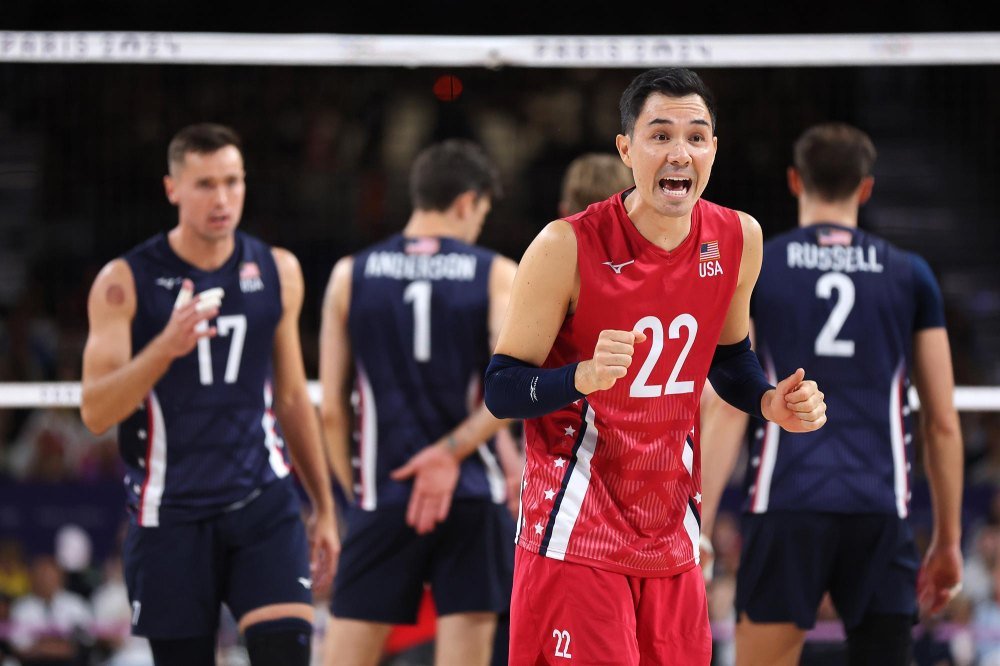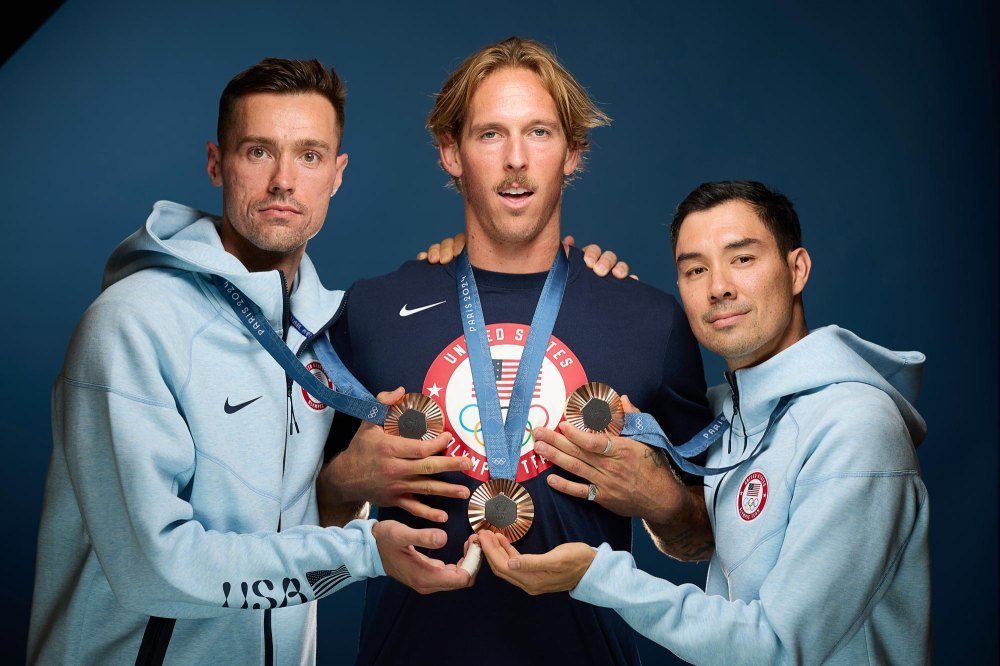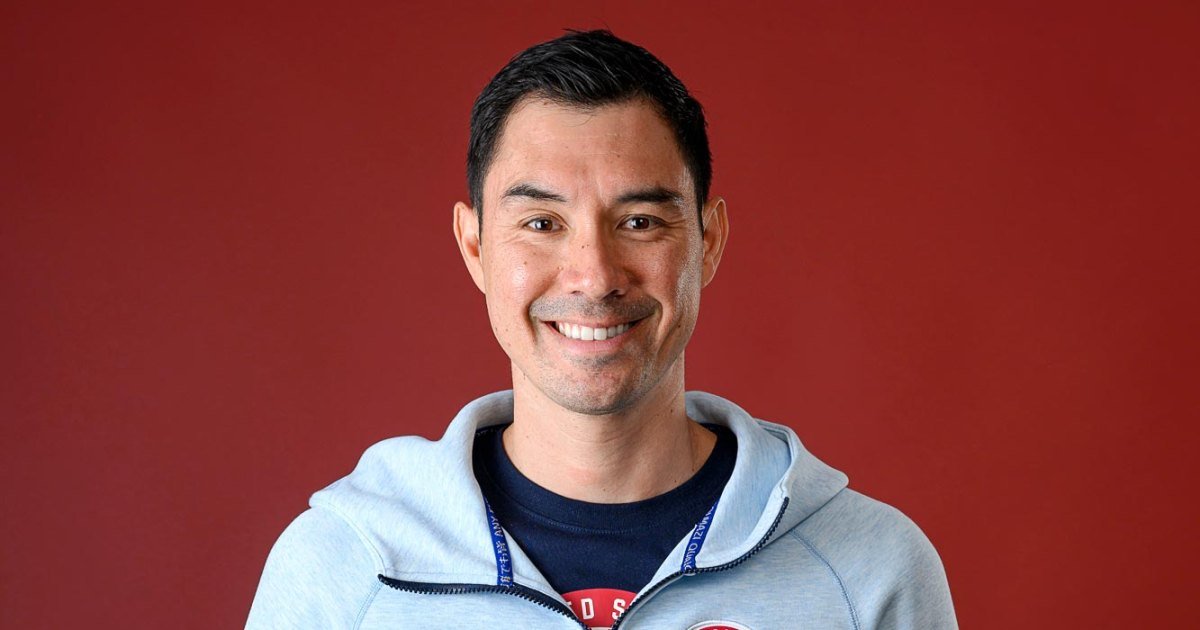Eric Shoji.
Kristy Sparow/Getty ImagesErik Shoji revealed how he and his fellow Team USA volleyball players earn an income when they’re not competing at the Olympics.
“The Olympics don’t pay the bills,” Shoji, 34, said while snacking on mochi in a now-viral TikTok video uploaded on Sunday, August 18. “So when we finish playing in the Olympics, like we did a week ago, we all have to find ways to make money and make money.”
Shoji said that after the Olympics, most players move “overseas” to play with their professional clubs.
“We usually take a couple of weeks off and then move overseas to play professionally in Europe, South America, Africa and Asia,” he explained. “On these professional club teams, we earn our salary there, and that’s where we make the majority of our money as professional volleyball players.”
Shoji plays professionally in Poland and noticed that teammates TJ DeFalco and Aaron Russell compete in Japan, while Matt Andersen plays in Turkey.
After the video exploded, Shoji uploaded another clip on Tuesday, August 20, explaining that he has four sources of income. The athlete earns the most money playing for his professional club in Poland, followed by earnings from USA Volleyball.

Off the field, Shoji brings in money through sponsorships and endorsements. Winning Olympic medals also adds to players’ bank accounts. (Shoji won bronze medals at both the 2016 Rio Olympics and the 2024 Paris Olympics with Team USA.)
Shoji clarified that the reason players have to go abroad to play professionally is because the United States does not have its own competitive volleyball league.

After Shoji’s candid confessions, many fans took to the comments section with more questions about the Olympians and their finances. A user asked how getting paid by Team USA works, and Shoji filmed a response.
“At USA Volleyball, we get paid. Everyone who makes the roster earns a salary from USA during the summers,” he clarified. “But we don’t all make the same money because our salary is based on how much experience we have , which tournaments we play in, which lists we make, how many tournaments we make. All that goes into your salary.”
Shoji pointed out that he does not earn the same amount as some of his teammates who have more experience or other accolades. However, there is a maximum amount they can all make.
“But our salary is limited to a certain amount, so you can reach the low end. And we’re out at the top end, but I won’t say how much it is,” he said on Tuesday. “But there is a mathematical formula for who gets what and how much we get paid. And again, it all depends on the tournaments we play, the rosters we make and how many years we are on the team. So that’s how we do it.”

